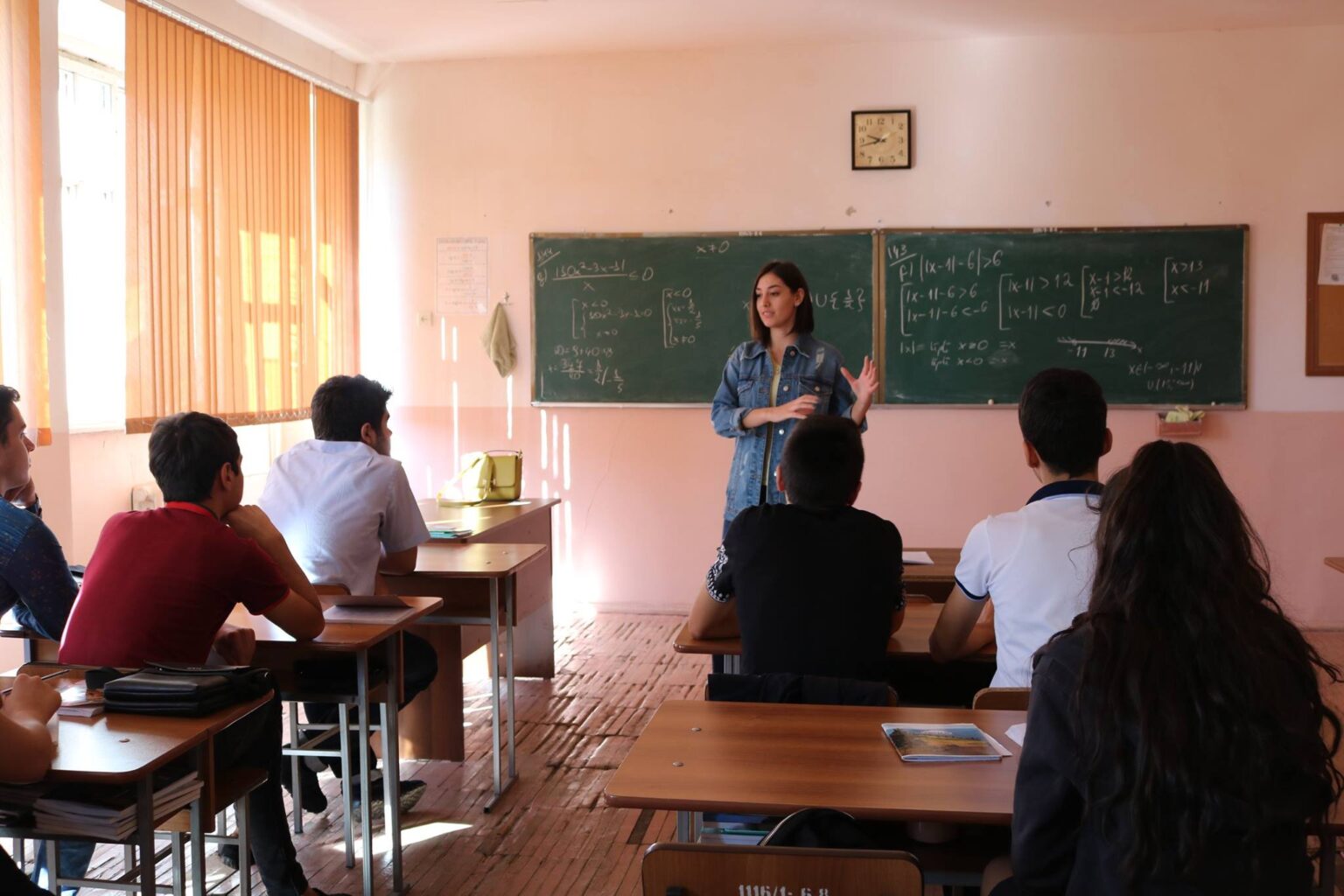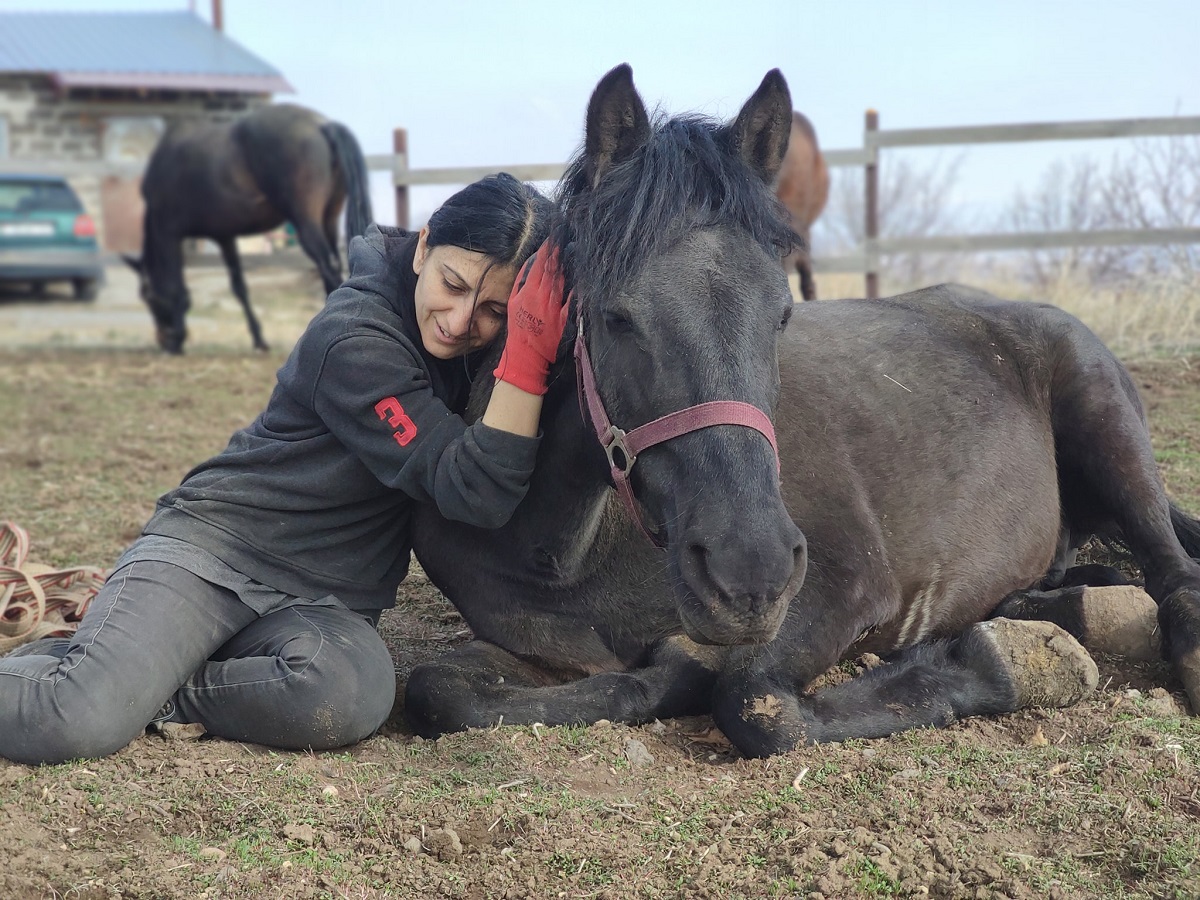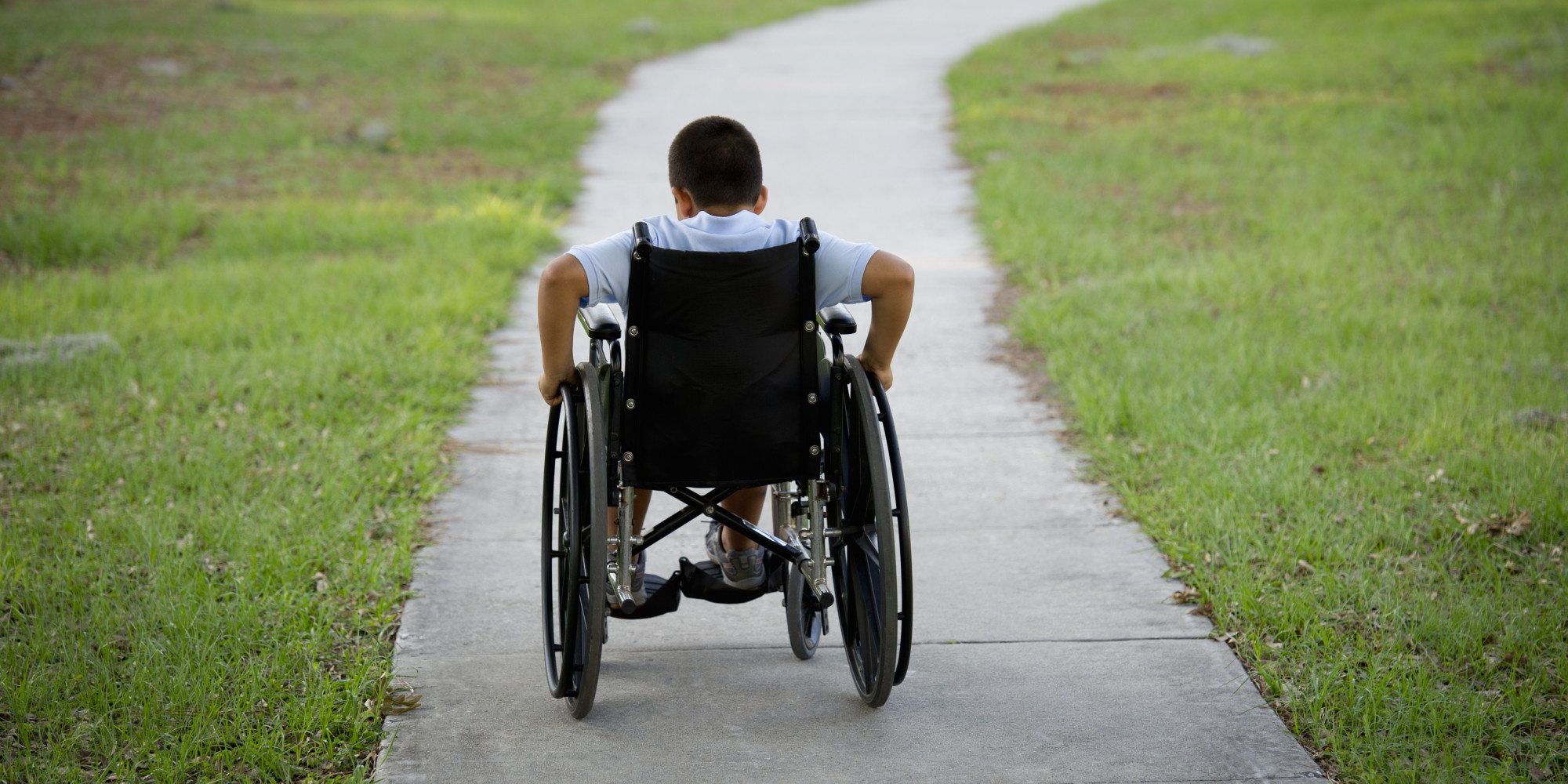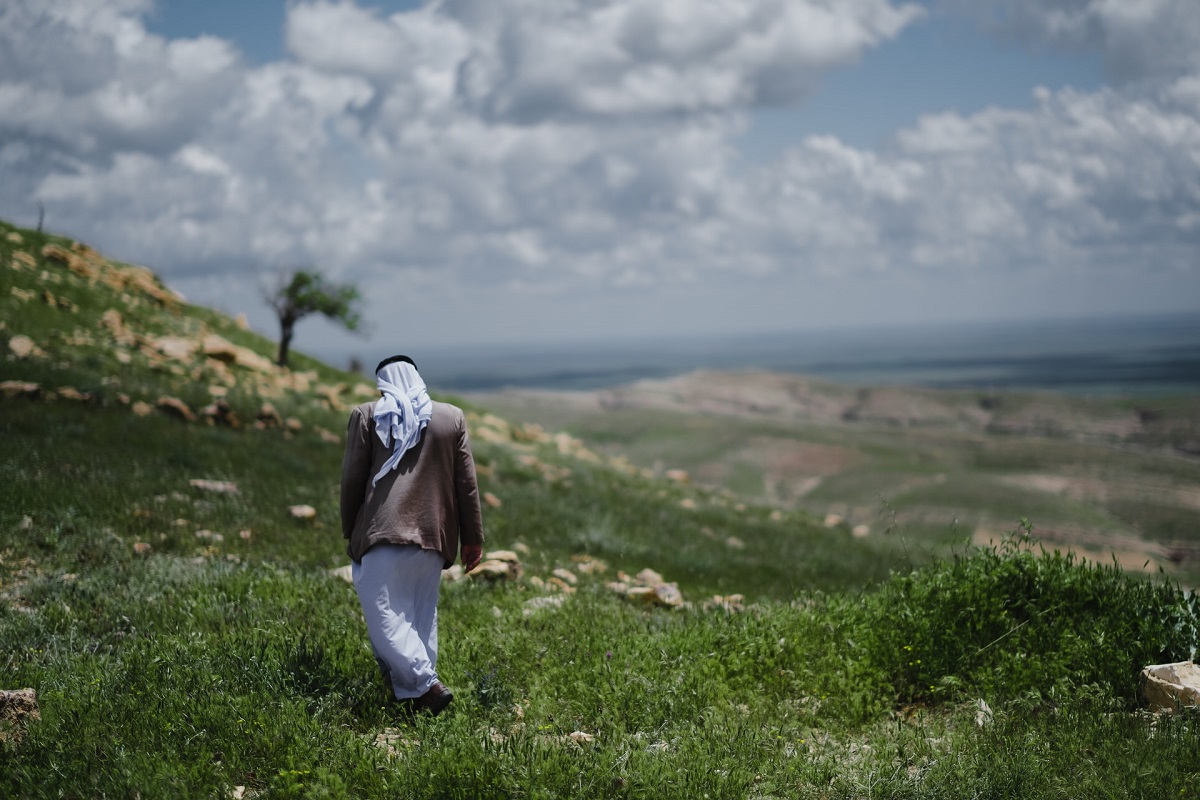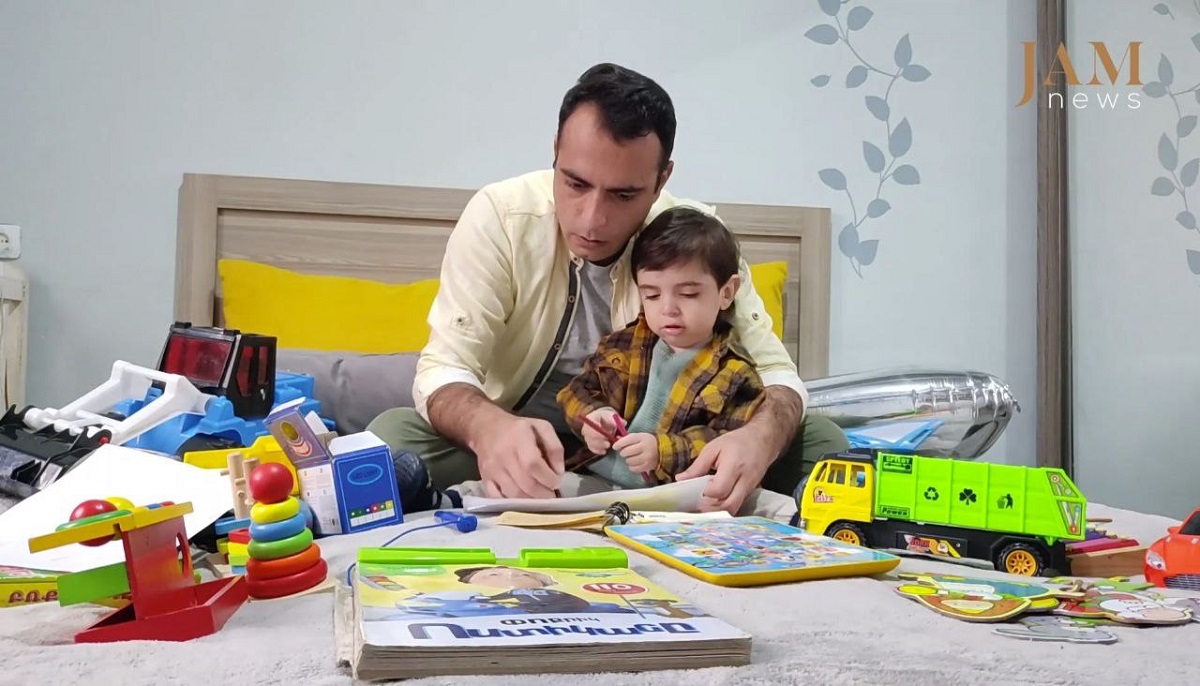Paternity leave in Armenia: a growing cause
Paternity leave in Armenia
In recent years, human rights activists in Armenia have often begun to talk about the need to equalize the rights of fathers to work leave. Parliament passed legislative amendments allowing men to take time off from work to care for their children, but so far they are reluctant to take their paternity leave both due to the expenses of family life and the stereotypes of society, which believes that is unbefitting of men.
All the details – including what opportunities are now provided by law to fathers who want to take time off for child care.
- How children with cancer are treated in Armenia. Spoiler: 75 out of 100 recover
- “Talking about opening Russian schools in Armenia is a form of pressure.” Opinion
- Armenians prefer not to talk about child sexual abuse
“My husband is a strong man”
Sona’s family from Yerevan is one of the few which have taken advantage of the paternity leave option. She began to discuss this issue with her husband when it turned out that Sona could simply lose her job:
“I work in the private sector, my husband works in the public sector. The private sector is more demanding on the employee and there are fewer privileges. On the other hand, wages are higher than in the public sector. After the birth of our child, we had to discuss the possibility of losing my job and the possibility of career growth. We had several alternatives — hire a nanny or send our child to a development center. Neither option suited us because of the high cost and because our child was still very small.
During their discussions, a third option emerged.
“My husband said: ‘Why don’t I take care of him?’ And Armen decided to take parental leave,” Sona recalls.
But registration was not easy. It turned out that even high-ranking officials didn’t know about the existence of the legislation. Armen had an uphill battle convincing the right people.
“All the officials told my husband that it was impossible. When Armen showed them the law, they were surprised that it exists,” Sona says.
At the same time, Armen’s desire to take care of his child caused talked among acquaintances.
“It was unusual for our environment, many said: Seriously, this is not a joke, is your husband now sitting at home with a child? The next question was: “Is this possible in Armenia?” And some teased her, told her husband: “You are now on maternity leave, you have nothing to do and you are caring for a child?”, Sona says.
For Armen, who took care of the baby, the first week was the hardest. On the seventh day he said to his wife:
“I bow to all mothers. How does a woman manage to take care of a child, clean the house, and cook dinner? How can all this be done with a child?
Sona and Armen’s baby is already two years old. During this time, they both managed to keep their jobs, and Sona achieved a promotion and a salary increase.
“I owe all my success to my husband. If he had not taken the responsibility of caring for the child, I would not have been able to achieve all this. My husband is a strong man: only a strong man could take such a step. I always say that he is stronger than all those men who, at the level of words and toasts, honor their wives, but in reality do not help them and have never even changed a diaper to a child, ”says Sona.
Psychologist Anna Badalyan shares her opinion:
“Many fear that caring for a child is a shame for a man. People believe that he could not find another job and is forced to take care of the child. Meanwhile, on the contrary, in fact, it only says that this man is so strong that he can take care of the child at this stage.
She says that the Armenian society perceives a man as a miner from the Stone Age:
“The man was a hunter, the woman was the keeper of the hearth. Little has changed. This approach is still in effect in Armenia.”
Paternity leave
Stereotypes can be changed by the state
State intervention is needed to change stereotypes, in particular the introduction of new educational programs, says human rights activist Zaruhi Hovhannisyan:
“Each political party is afraid to talk about approaches that will lead to a change in gender stereotypes in society. In the end, men should equally care for children in the family, whether it be caring for a baby, education, or something else.“
In her opinion, it is necessary to popularize the law so that more people can take advantage of the benefits provided thereby:
“It is very important that the state makes efforts to apply the law: it encourages employers, informs them about successful examples, and keeps statistics. In the meantime we do not have any statistics, so we can assume that that law simply remained on paper,” the expert says.
According to Hovhannisyan, in parallel with popularization it is necessary to improve the economic base for women at the state level:
“In Armenia, women’s work is paid much lower than men’s; they initially work in low-paid positions. Women should be able to hold high-paying positions as well. This will allow them to support their families if the spouse goes on parental leave.”
Sona, who has a high-paying job, believes that in order to encourage men, the state should first review the amount of monthly payments for parental leave:
“In general, this amount is very small for both women and men on leave. But if the state really wants men to also use parental leave, then let them be more generous and get the ball rolling.”
Deputy Heriknaz Tigranyan is also in favor of encouraging the participation of fathers in childcare:
“We can also encourage fathers with information campaigns, presenting successful examples. They are very impressive.”
And Armen, who took care of his child for two whole years, inspires his friends by his example.
“The last two years have been a gift for me, an exceptional opportunity to be with our child, to see him grow up, take his first steps, say his first words, enjoy it all,” he says.
Follow us – Twitter | Facebook | Instagram
Two Opportunities for Working Fathers
The Labor Code of Armenia provides working dads with three opportunities to be involved in the process of caring for a child and share parental responsibilities with their wives.
According to article 176 of the labor code, fathers are offered free leave for no more than two months in the prenatal and postnatal period of their spouse.
Although the law has been in effect since 2005, working fathers prefer not to use this opportunity provided by the law, considering it uninteresting from a financial point of view.
It is noteworthy that legislators themselves share fathers’ opinion on this issue.
“When a family is growing, it needs more financial support. So if a man does not work, the financial losses in the family will be greater than the benefits from the husband’s help to his wife,” Heriknaz Tigranyan, deputy from the ruling Civil Contract party, says.
According to Tigranyan, in 2020 the ruling party initiated a new process, and at the end of the year the parliament amended the labor code. Fathers were entitled to five days’ paid leave within a month of the birth of a child.
Human rights activist and gender expert Zaruhi Hovhannisyan welcomes the decision, but believes the five-day period is too short to help a mother care for a child:
“It would be preferable to provide a month’s vacation, but it is important that at this stage the first step has been taken.”
Psychologist Anna Badalyan also considers the five-day period too short:
“In my opinion, leave should be fifteen or thirty days so that parents can take care of the child, and the mother can recover and relax. In this case, of course, the main support should be from the father.
Parliament has fixed a five-day period for paid paternity leave to alleviate the burden on employers, Tigranyan says:
“Since the financing of a five-day vacation is assigned to the employer and is not compensated by the state, at this stage we consider it prudent to have a short period. After evaluating the effectiveness of the law, the possibility of revising the terms is possible.”
This approach would have seemed justified if it had not become clear during the preparation of this article that the effectiveness of the legislative change that went into effect on January 1, 2021 cannot be measured. None of the state bodies keep statistics on this provision, that is, they do not have information about how many fathers in Armenia have taken advantage of this opportunity.
“The State Revenue Committee does not keep separate records to see if a man uses paternity leave to care for a child or just wants to take a break. We need to introduce separate accounting for paternity leave,” Tigranyan says.
Legislative changes for international ranking?
The lack of statistical data on the law, which has been in effect for about two years, suggests that this legislative change was adopted only to fulfill the expectations and requirements of international partners, human rights activist Zaruhi Hovhannisyan believes:
“I believe that this provision of the law was adopted solely to form a positive opinion outside the country. So we still do not see any of the most important stages of the implementation of the law: active public discussions, information, monitoring. This suggests that the authorities are not particularly interested in the implementation of this provision within the country.”
The legislative change contributed to the improvement of Armenia’s rating on international platforms, deputy Heriknaz Tigranyan acknowledges, but adds:
“Despite the fact that in the international arena we improved the index of Armenia thanks to this provision, the purpose of its adoption was not at all to increase the rating.”
There is, for example, the World Bank report “Women, business and the law – 2022”, which welcomed legislative reforms on the provision of paid paternity leave in 23 other countries, including Armenia.
Paternity leave
Option 3 – $72 per month, 30 fathers per year
Under Armenian law, one of the working parents, including the father, is offered another opportunity – a three-year parental leave. Moreover, until the child is two years old the vacation is paid, at monthly payments of 28,600 drams [about $72]. But few people know about this.
The state deliberately does not provide citizens with full information about this provision, human rights activist Zaruhi Hovhannisyan believes. In this way they are trying to avoid possible discontent from employers.
Information on the topic is scarce, according to deputy Heriknaz Tigranyan, and he believes that “it is necessary to conduct an information campaign competently.”
“If a lot of money is spent on this campaign now, we’ll be told by the authorities that the money is better spent elsewhere.”
According to data from the Ministry of Labor and Social Affairs, a total of 87 fathers have taken parental leave from the law’s passing in 2016 to 2022. But since 2016 their number has increased annually, albeit not by much.
While in 2016 eight fathers took parental leave, in the first nine months of 2022 it was 26. Half are residents of Yerevan. The number of those who took a vacation from the six regions of Armenia varies from one to three. Of the other four regions, no one was interested in this option. Only three out of 26 fathers are from rural areas.
Zaruhi Hovhannisyan sees two underlying reasons as to why few fathers take parental leave:
“The first is how ready today fathers are to fully take care of their babies. This is a serious responsibility that not every man can take on. The second is gender stereotypes in the Armenian society. Even if fathers take advantage of parental leave, they will not talk about it, because gossip will start. And that keeps them both from taking advantage of this opportunity and from talking about it out loud.”
Society is not yet ready to accept the possibility of paternity leave, psychologist Anna Badalyan believes: “Working with families, I see a positive shift in the sense that men have become more willing to help their wives and take care of children.”
Paternity leave










